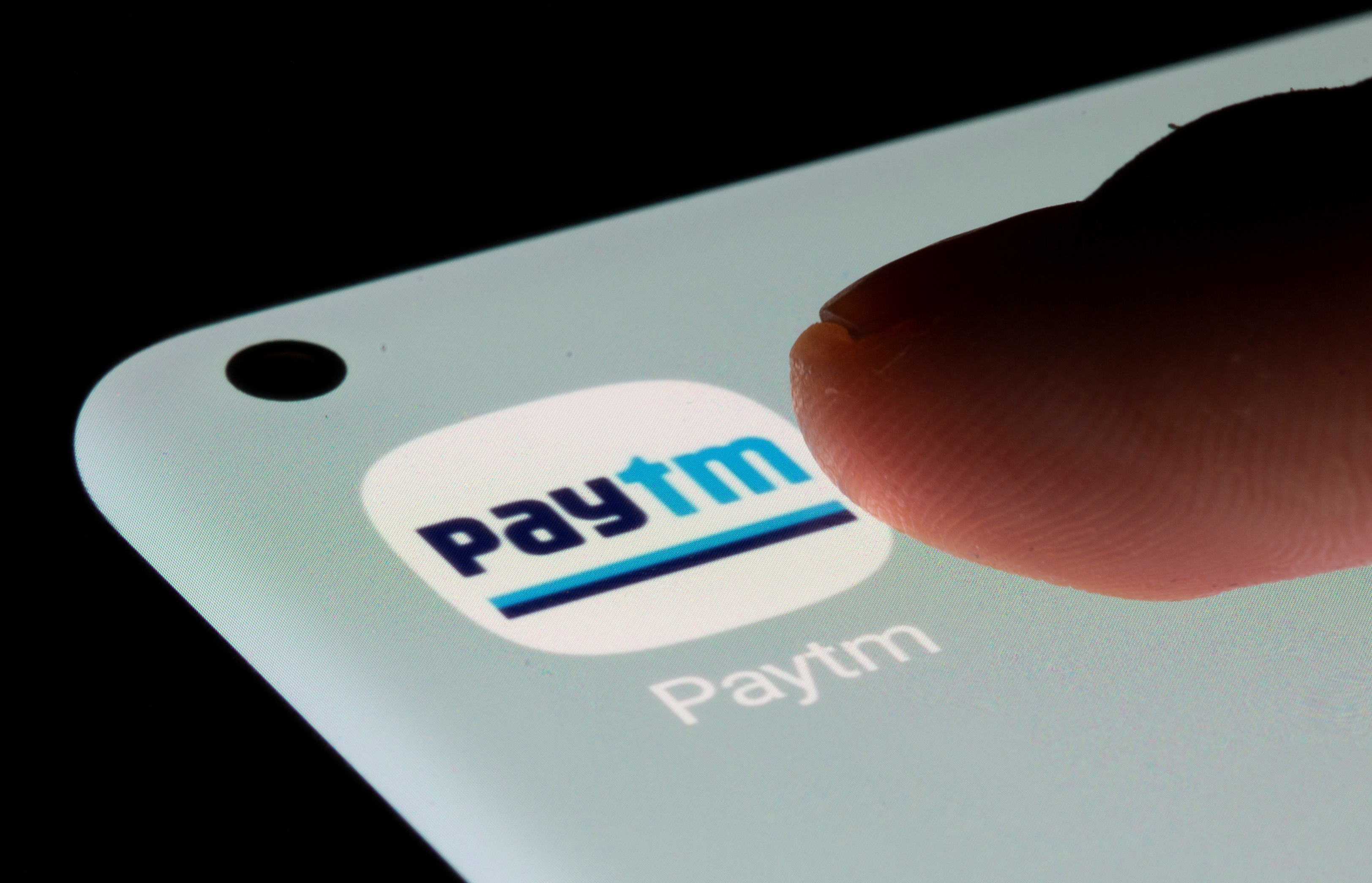Google, Walmart hit by India’s move to limit some digital payments players in 2021

Google, Walmart hit by India’s move to limit some digital payments players
Worldwide tech monster Google on Friday condemned India’s transition to cover the portion of exchanges a few organizations inside the nation’s computerized instalments space can represent, saying it would block the country’s thriving advanced instalments economy.

Google’s analysis came after India’s lead instalments processor the National Payments Corp of India (NPCI) on Thursday said outsider instalments applications, from Jan. 1, won’t be permitted to deal with over 30% of the absolute volume of exchanges on state-upheld United Payments Interface (UPI) system, which encourages consistently shared cash moves.
The move will probably frustrate the development of instalments administrations offered by Facebook, Alphabet’s Google and Walmart while boosting any semblance of Reliance’s Jio Payments Bank and SoftBank-sponsored Paytm, which are furnished with bank licenses.
More than 2.07 billion UPI exchanges were handled in October, as per NPCI, with Walmart’s PhonePe representing only over 40% of those exchanges. Google Pay was a nearby second, with rivals like Paytm and many others parting the excess 20% offer.
Organizations, for example, PhonePe and Google, which as of now surpass NPCI’s specified cap, will get two years to follow the new standards.

“This declaration has come as an amazement and has suggestions for countless clients who use UPI for their every day instalments and could affect the further appropriation of UPI and the ultimate objective of monetary incorporation,” Sajith Sivanandan, Business Head at Google Pay, India, said in an assertion.
The new covers don’t make a difference to Reliance’s Jio Payments Bank, or to Paytm, which have speciality banking licenses and don’t fall into the “outsider applications” classification.
“This plays to the entire hypothesis of unfamiliar players versus Indian, at some level,” said a senior leader at a computerized instalments organization, who asked not to be named. “For what reason could the NPCI not state the cap was for all players, why simply the outsider application suppliers?”
A representative for Paytm said NPCI had taken the correct measures for the development of the UPI framework.

“The exchanges volume cap put on different instalments applications will ensure that NPCI has de-gambled and expanded the UPI stage,” he said.
NPCI didn’t quickly react to an email looking for input. Walmart and Reliance didn’t react to demands looking for input
The new standards came as NPCI at long last allowed Facebook endorsement to dispatch WhatsApp instalments in India, clearing a restricted rollout of the support of 20 million clients.
While since a long time ago deferred endorsement is a relief for Facebook, the restricted rollout foils WhatsApp drive into instalments in its biggest market with more than 400 million clients.
In any case, the Menlo Park, California-put together firm invited the endorsement concerning Friday expressing that the WhatsApp and UPI blend would support country cooperation in the advanced economy.

Smash Rastogi, a computerized instalments tactician and previous NPCI leader, said NPCI’s transition to cover exchanges for every outsider instalments suppliers would encourage good rivalry.
“On the off chance that only two innovation specialist organizations (PhonePe and Google Pay) are catching about 80% of the piece of the pie then it presents foundational dangers and NPCI’s transition to put a breaking point is pointed toward amending that,” Rastogi said.
The transition to restrict a few players comes when Google as of now is going under serious examination in India, where it faces, in any event, four significant antitrust difficulties.
The limitations are additionally expected to assist controllers with restricting any potential network protection dangers.
“Significantly, there is more rivalry which makes the space less defenceless and prompts better controls,” said Abizer Diwanji, EY’s India head for money related administrations.




